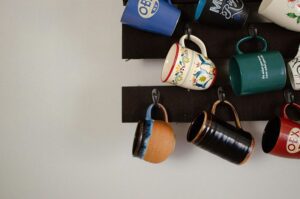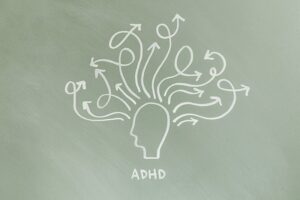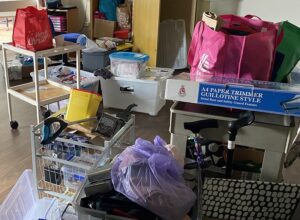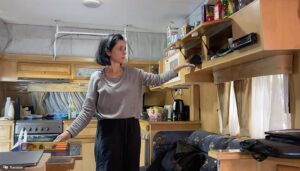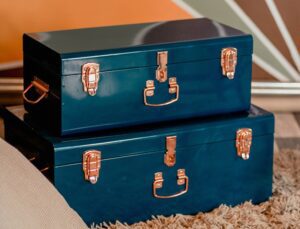
Decluttering and the Endowment Effect
The Endowment Effect is a cognitive bias whereby people value their own belongings higher than they value someone else’s. Our mere ownership of something inflates its perceived value.
As an example, a 1990 study gave participants a mug, and they were allowed to sell or trade it for something of equal value. The amount participants required as payment for the mug was approximately twice as high as the amount they were willing to pay to acquire the mug. A more recent study looked at how much people were prepared to pay for legroom in an airplane – $12 on average. But once it was theirs, when asked how much they would charge another passenger for it, the figure was about $39.
The Endowment Effect is relevant in consumer habits, negotiation strategies and behavioural economics. Some brands encourage touching and using their items so the Endowment Effect kicks in and customers will part with their money more easily. Test-driving a car for example. Other retailers offer free returns, knowing that many customers won’t return an item once it’s already theirs – even if it was a disappointing purchase.
The Endowment Effect works against us when decluttering, causing us to want to keep our stuff. If you have ever tried to take something from a child you will be familiar with the immediate response “MINE!”. That tendency does not necessarily disappear as we get older. And fun fact, the Endowment Effect is visible in primate behaviour.
Decluttering and the Endowment Effect – Why?
- Humans are loss-averse. It’s a survival strategy that served our species throughout times of scarcity. Loss is a form of pain – and so is the regret we envisage when we consider removing something from our possession. Losses loom more heavily in our minds compared with gains. When we declutter, we have a lot of mental and physical space to gain, but that is overshadowed by the concept of loss.
- We have created a psychological bond with the item and invested in it mentally and psychologically. It’s a sunk cost fallacy. This concept is exacerbated if we have assembled or constructed the item ourselves – something called the Ikea Effect.
- We sometimes anthropomorphise and associate our sense of self with the objects we own. Why else would we fawn over an object only because it was owned by a famous person? Stuff holds meaning and identity for us.
Decluttering and the Endowment Effect – What does it look like?
- It looks like wanting to hold onto an item because “it’s mine!” even though it has little use or objective appeal, or you need the space more than the item.
- It looks like wanting to sell an item rather than donate it, even though you would not pay money for something like this.
- It looks like selling something for a higher price than similar items online. This often means it doesn’t sell, then we complain that eBay/Marketplace is an ineffective platform and doesn’t work.
Decluttering and the Endowment Effect – How can I avoid it?
- Consider your big-picture goal when you make each micro-decision.
- Zoom out of your own head and look at the item objectively. Pretend it’s not yours. Remember that the Endowment Effect is flawed logic, and unhelpful.
- Look up the item’s value online. And don’t just look at the most expensive – its owners may also be suffering from the Endowment Effect and the item may never actually sell at that price. If you look at eBay and choose Completed Listings, you can see prices the items sold for – rather than the prices sought.
- Think about the value of your space rather than the item.
- Get comfortable with the idea of regret and loss. You are stronger than your stuff!
It’s time to practice detaching yourself from your stuff and from your unhelpful behaviours. Look at this post about letting go of things and this one about objective questions you can ask yourself when decluttering.


